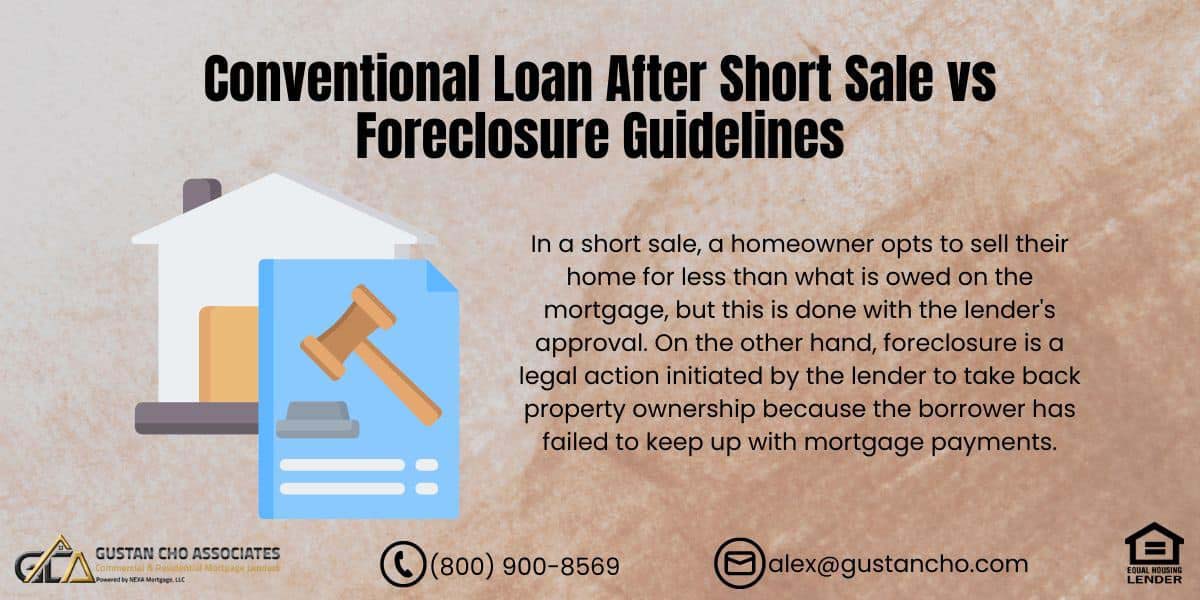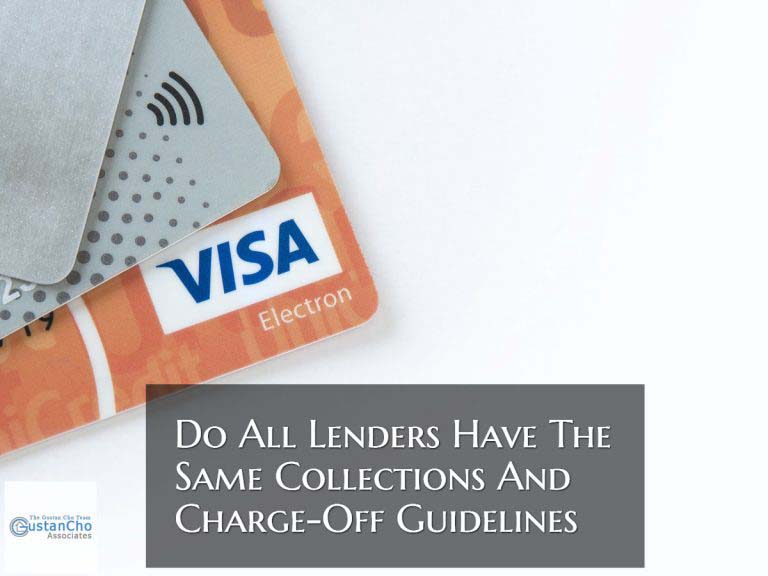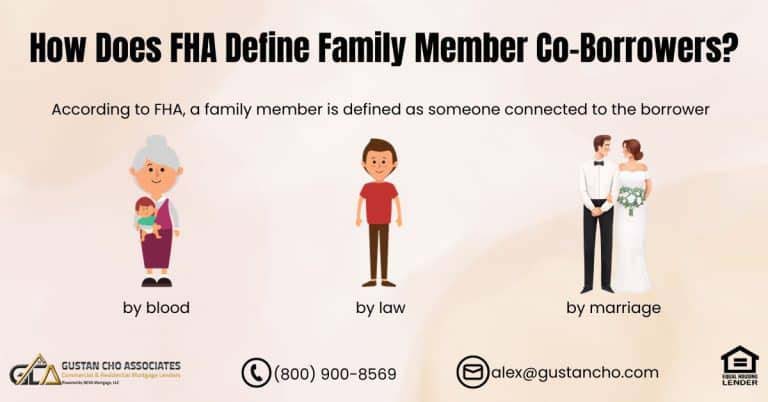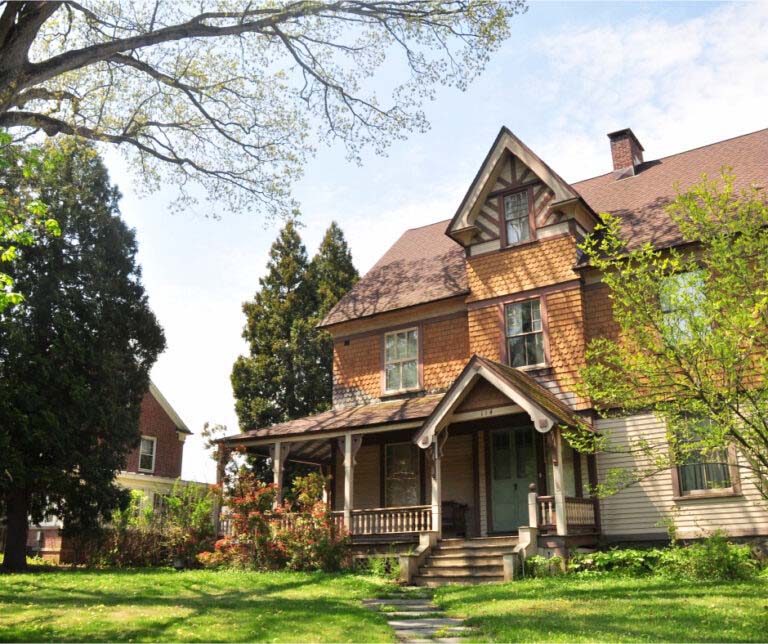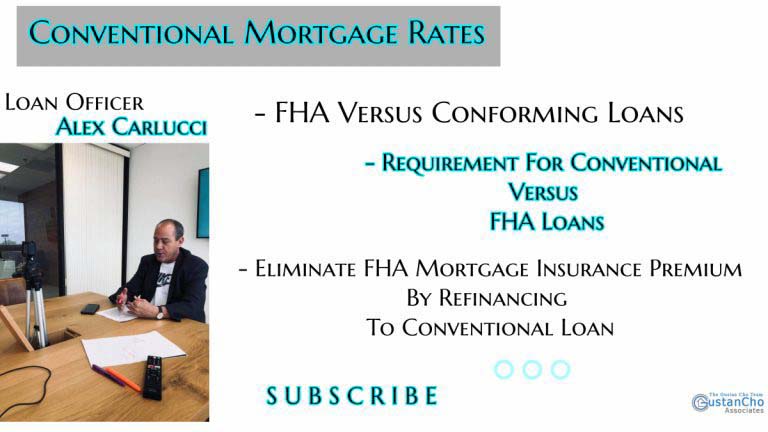This guide covers conventioal loan after short sale vs foreclosure guidelines. Since 2008, millions of Americans have witnessed their equity in their homes evaporate. The real estate and credit meltdown of 2008 has devastated many hard-working families. The Great Recession of 2008 was more of a depression than the Great Recession.
Record bankruptcies, foreclosures, and short sales were documented like no other time in U.S. history. A substantial percentage of homeowners owned homes with mortgage balances higher than the value of their properties.
I know of hundreds of homeowners whose values have plummeted and owed more on their mortgage balance than what their homes were worth. In this article, we will discuss and cover conventional loan after short sale vs foreclosure guidelines.
Conventional Loan After Short Sale vs Foreclosure: Government Intervention With HARP
The government created the Home Affordable Refinance Program, also known as HARP. Although the government created the HARP streamline refinance program for homeowners who had upside-down mortgages, it only applied to lenders who had sold their loans to FANNIE MAE or FREDDIE MAC prior to May 31, 2009.
If they have a regular conventional loan and their lender did not sell their loan to FANNIE MAE or FREDDIE MAC, these borrowers did not qualify for the HARP program.
There are differences in waiting periods and eligibility criteria when considering a conventional loan after a short sale versus a foreclosure. A short sale is when a homeowner sells their home for less than the outstanding mortgage balance with the lender’s approval. Typically, the period for obtaining a conventional loan after a short sale is shorter than a foreclosure.
Had a Short Sale or Foreclosure? You Can Still Qualify for a Conventional Loan!
Contact us today to explore your options and find out how we can help you secure financing for your next home.
Waiting Period on Conventional Loan After Short Sale vs Foreclosure
The waiting period can vary but is generally around two to four years, depending on the lender’s guidelines and the borrower’s financial situation. Borrowers may need to demonstrate that they have reestablished credit, stable income, and meet other lender requirements. Some lenders may offer more favorable terms to borrowers with a history of a short sale compared to a foreclosure.
Foreclosure is the legal process through which a lender repossesses a property due to the borrower’s failure to make mortgage payments.
The period for obtaining a conventional loan after a foreclosure is typically longer than after a short sale. The waiting period can range from three to seven years, depending on factors such as the borrower’s credit score, the down payment amount, and the lender’s policies. Borrowers may face stricter scrutiny and requirements to qualify for a loan after a foreclosure, including a more substantial down payment and higher interest rates. Rebuilding credit and demonstrating financial stability are crucial for borrowers seeking a conventional loan after a foreclosure.
How a Housing Event Impact Conventional Loans
While both short sales and foreclosures can impact a borrower’s ability to qualify for a conventional loan, the waiting period and eligibility criteria are generally more favorable for those with a history of a short sale. However, the approval process can influence individual circumstances, lender policies, and market conditions.
Borrowers must consult with mortgage professionals to understand their options and requirements based on their situation. Homeowners who are currently in default on their mortgage and are contemplating foreclosure or short sale need to think of the future. It is much easier to qualify for conventional loan after short sale vs foreclosure. We will discuss this topic throughout this guide.
Conventional Loan After Short Sale vs Foreclosure: Short Sale Process
The reason below is why homeowners go through foreclosure or short sale: Loss of business or job loss. There are homeowners who still have teaser rates where they have increasing rates where they can no longer afford their monthly mortgage payments. Self-employed borrowers who cannot make ends meet and pay all of their bills due to substantial loss of revenues due to economy. Home values have not recovered yet from the 2008 market collapse.
Benefits With Conventional Loan After Short Sale vs Foreclosure
Short sales are when a mortgage lender will let the borrower list and sell their home below what they owe on their mortgage balance. Lenders will take the loss between the balance owed and the sales price of the home. The Federal Housing Finance Agency (FHFA) regulates Fannie Mae and Freddie Mac. Conventional loans are called conforming loans because they need to Conform to Fannie Mae or Freddie Mac guidelines. Fannie Mae and Freddie Mac have a mandatory waiting period to qualify for Conventional loans after the following: Chapter 7 Bankruptcy: 4 year waiting period after Chapter 7 Bankruptcy discharged date.
Short Sale or Foreclosure in Your Past? Let Us Help You Qualify for a Conventional Loan!
Reach out now to discuss the waiting periods and how we can guide you through the application process.
Chapter 13 Bankruptcy
2-year waiting period after Chapter 13 Bankruptcy discharged date. 4-year waiting period after Chapter 13 dismissal date,
Foreclosure
7 year waiting period after foreclosure recorded date to qualify for conventional loans.
Conventional Loan After Short Sale vs Foreclosure and Deed-in-Lieu
There is a 4 year waiting period after the recorded date of deed in lieu of foreclosure.
Conventional Loan After Short Sale vs Foreclosure
There is a 4 year waiting period after short sale date to qualify for conventional loans. Below is what may happen during and after a short sale of a home: Most lenders will not go after the homeowner on a deficit of the mortgage. The lender will write off the loss on their books will send the borrower notice on the charged-off amount or deficit or loss the lender took from the short sale.
Homeowners Facing Foreclosure
Most lenders will give the option of a short sale or deed-in-lieu of foreclosure rather than foreclosure. There is a huge difference in qualifying for conventional loan after short sale vs foreclosure. The impact of foreclosure, deed-in-lieu of foreclosure, a short sale is the same to qualify for FHA loans but not conventional loans.
Qualifying For Conventional Loan After Short Sale vs Foreclosure
As mentioned earlier, the waiting period is shorter to qualify for conventional loan after short sale vs foreclosure. Fannie Mae and Freddie Mac have the following waiting period requirements to qualify for conventional loan after short sale vs foreclosure: There is a four-year waiting period to qualify for conventional loans after short sale or deed-in-lieu of foreclosure.
There is a seven-year waiting period to qualify for conventional loan after foreclosure. There is a four-year waiting period to qualify for conventional loans after Chapter 7 bankruptcy. There is a two-year waiting period to qualify for conventional loans after Chapter 13 bankruptcy discharged date. If you have a mortgage or mortgages part of Chapter 7 bankruptcy and it has been discharged, the waiting period is four years to qualify for conventional loans.
Benefits Qualifying For a Conventional Loan After Short Sale vs Foreclosure
Qualifying for conventional loan after short sale vs foreclosure has its benefits in its reduced waiting period requirement. If you have further questions in qualifying for conventional loans, please contact Gustan Cho Associates at 800-900-8569 or text us for a faster response. Borrowers can also email us at gcho@gustancho.com.
Gustan Cho Associates has no overlays on government and conventional loans. All of our pre-approvals are full credit loan commitments that are fully underwritten and signed off by our mortgage underwriters. We close 100% of all of our pre-approvals. Our national team of licensed loan officers at The Team at Gustan Cho Associates is available 7 days a week, evenings, weekends, and holidays.
FAQs: Conventional Loan After Short Sale vs Foreclosure Guidelines
- 1. What is the main difference between a short sale and a foreclosure? The primary distinction between a short sale and a foreclosure is found in the situations that lead to the sale of a house. In a short sale, a homeowner opts to sell their home for less than what is owed on the mortgage, but this is done with the lender’s approval. On the other hand, foreclosure is a legal action initiated by the lender to take back property ownership because the borrower has failed to keep up with mortgage payments.
- 2. What is the Home Affordable Refinance Program (HARP)? HARP is a government program created to help homeowners with upside-down mortgages refinance their loans. It only applies to loans sold to Fannie Mae or Freddie Mac before May 31, 2009.
- 3. How does the waiting period differ for conventional loans after a short sale versus a foreclosure? For conventional loans, the waiting period following a short sale varies from two to four years based on the lender’s criteria and the borrower’s financial status. In the case of a foreclosure, the waiting period is usually longer, ranging from three to seven years.
- 4. What factors affect the waiting period for obtaining a conventional loan after foreclosure? The waiting period for securing a conventional loan after foreclosure can be influenced by various factors, such as the borrower’s credit score, the size of the down payment, the lender’s policies, and the demonstration of financial stability and re-established credit.
- 5. What are the waiting period criteria for conventional loans post a Chapter 7 or Chapter 13 bankruptcy? The waiting period after a Chapter 7 or Chapter 13 bankruptcy varies for conventional loans. Following a Chapter 7 bankruptcy discharge, there’s a required waiting period of four years. In the case of Chapter 13 bankruptcy, the waiting period is two years after the discharge date, or if the bankruptcy was dismissed, it extends to a four-year waiting period.
- 6. How does a deed-in-lieu of foreclosure affect qualifying for a conventional loan? To qualify for a conventional loan, you must wait four years after the recorded date of the deed-in-lieu of foreclosure.
- 7. What are the benefits of qualifying for a conventional loan after a short sale compared to a foreclosure? Qualifying for a traditional loan following a short sale offers several benefits compared to a foreclosure. These advantages include a briefer waiting period – usually four years for a short sale instead of seven years for a foreclosure, the potential for more favorable loan terms from lenders and a simpler qualification process.
- 8. What should homeowners consider if they face foreclosure or a short sale? Homeowners facing foreclosure or a short sale should remember that qualifying for a conventional loan following a short sale is typically simpler than a foreclosure. Homeowners should seek advice from mortgage professionals to fully grasp their options and the specific requirements applicable to their situation.
- 9. How can homeowners get more information or assistance in qualifying for a conventional loan after a short sale or foreclosure?Homeowners who require further details or help to qualify for a traditional loan following a short sale or foreclosure can contact Gustan Cho Associates by dialing 800-900-8569 or emailing gcho@gustancho.com. The team at Gustan Cho Associates specializes in offering full credit loan commitments. It has no overlays on government and conventional loans, significantly increasing the success rate in closing pre-approvals.
This blog about Conventional Loan After Short Sale vs Foreclosure Guidelines was updated on June 3rd, 2024.
Buying a Home After a Short Sale or Foreclosure? We Can Help You Qualify for a Conventional Loan!
Contact us today to learn about the qualification requirements and get started with your conventional loan.


